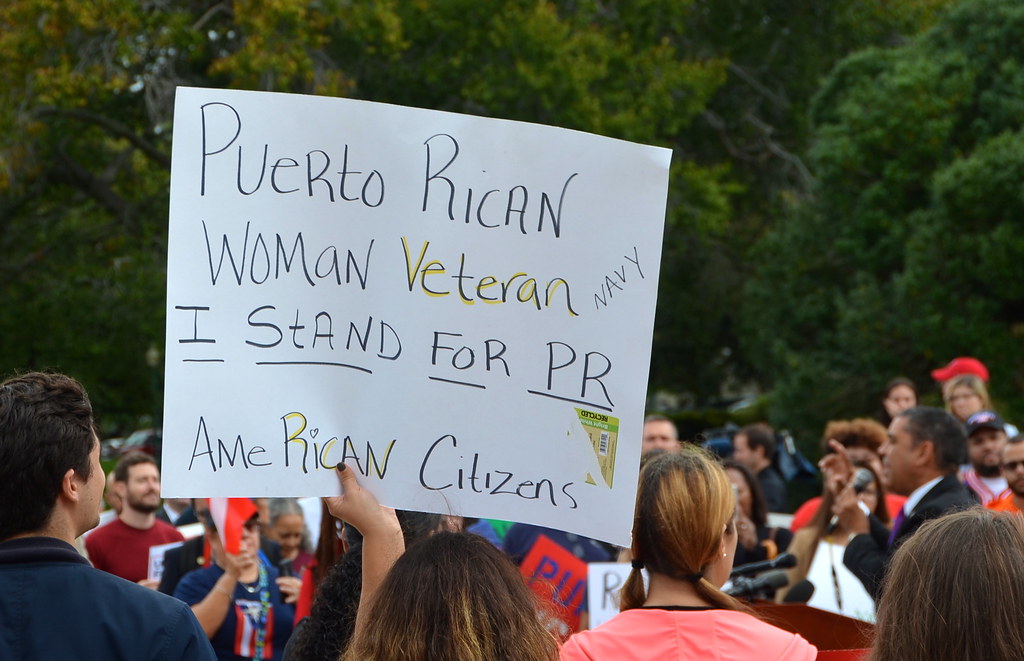Puerto Rico is a territory of the United States and has been for over 100 years. As a territory, Puerto Rico has less of a voice in American politics, less financial support from the federal government, and less economic opportunity than any of the states. Puerto Rico also is only partly covered by the U.S. Constitution, so the 3.2 million U.S. citizens living on the Island do not have the full rights of citizens living in the states.
Are women in a position of equality in Puerto Rico?
The U.N. reports that Puerto Rico shows “medium performance” on measures of gender equality — but that most of the data needed to understand the position of women in Puerto Rico is simply missing. Puerto Rico is routinely left out of data collection and research in the United States, making it difficult to find accurate information on the level of women’s rights on the Island.
They note that women hold far less than half of the positions of authority in the government. They also record gender-based violence in the form of continued high numbers of deaths of women at the hands of their partners.
30% of households in Puerto Rico are headed by single women. Households have a median income of $20,474, significantly less than that of any state and about one third of the median income of the United States as a whole. 40% of Puerto Ricans experience food insecurity and more than half of the children live in poverty.
These economic limitations affect women most strongly if only because they are the primary breadwinners in so many families.
Observers often make the point that traditions of Spanish culture place women in a subordinate position, and that this influence lives on in Puerto Rico. However, the United States, as a nation of immigrants, is made up of people from numerous countries with traditions of subordinating women. To the extent that women are less empowered in Puerto Rico — for example, they got the vote fifteen years after women in the states did — this is because they do not have the protection of the U.S. Constitution, not because of cultural differences.
Would statehood improve women’s position?
Statehood would give Puerto Ricans the same rights as other Americans, including voting rights and representation in Congress.
Women do not have fully equal rights in the United States. However, women living in the states have the right to vote for their president, for senators, and for voting members of Congress, as women living in Puerto Rico do not. This gives them a much stronger position than women in Puerto Rico.
The vote means that legislators are responsible to the women they serve.
What statehood would mean for women in Puerto Rico
Equality under the law, the right to choose their own destiny, and increased opportunities will be the natural result of statehood for Puerto Rican women. Statehood for Puerto Rico is the best option for everyone involved, not least for women.








One response
I think it is long past time that the United States welcomes Puerto Rico 🇵🇷 as the 51st state welcome people of Puerto Rico we are glad to have you.